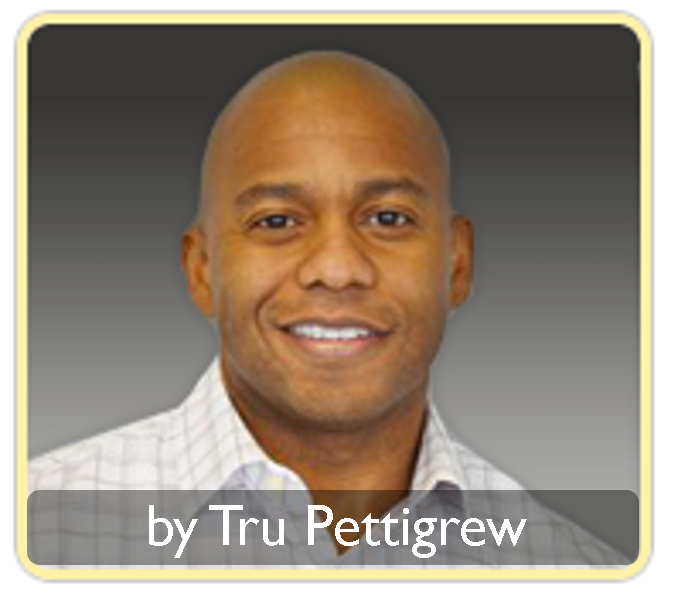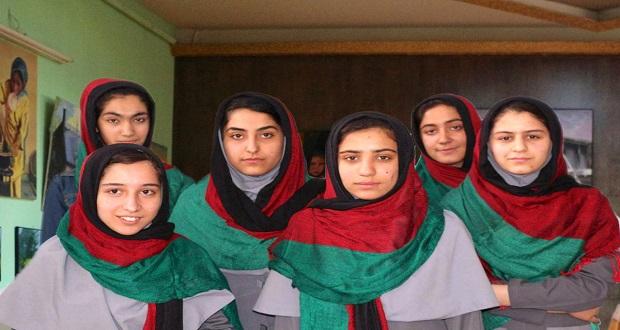 “Black owned and operated” is a statement that has historically been associated with a lot of pride for Black business owners. I am Black and I own my own business and therefore my business is Black owned and that is something that I am very proud of.
“Black owned and operated” is a statement that has historically been associated with a lot of pride for Black business owners. I am Black and I own my own business and therefore my business is Black owned and that is something that I am very proud of.
My business however is not exclusively Black operated. Although I am the Founder and CEO, I have team members and advisors of very diverse backgrounds, races, ethnicities, genders and generations that I consult with to ensure that I maintain relevance and efficacy. This is not to say that Black owned AND operated isn’t effective, because I’ve seen and participated in a number of Black owned and operated success stories. I just choose to maximize the power and benefits that Diversity & Inclusion has to offer.
In my conversations with other Black business owners and aspiring entrepreneurs, I find myself reminding them that Black owned does not require or limit you to only servicing Black clientele. I also have to remind potential clients of this same fact from time to time.
We live in America people. We don’t live in Black America or White America; we live in America, the land of the free and the home of the brave. Do not allow anyone to limit your reach, including the voice in your own head. Part of the challenge that we all face in this country is our continued inclination to segregate, be it intentional or unintentional.
To my minority business owner colleagues, I salute and applaud you all. It is not easy to overcome the stereotypes, biases, and other challenges that you are faced with to build and sustain a successful business. I also want to remind you that in your desire and effort to be recognized and included, it requires that you openly recognize and include others.
Diversity and Inclusion is a practice that we all need to adopt and be open to, including Black owned and other minority owned businesses. Don’t let anyone convince you that being Black owned should or will limit your customer base to Black customers. We need more Black owned businesses in this country to help stimulate the economy across all industries and to create a more socio-economic balance in society. This simply helps make for a stronger and healthier America.
I equate the pattern of many Black owned businesses to that of HBCU’s. Historically Black Colleges & Universities were born out of a need to provide higher learning opportunities for Blacks in America that were not otherwise being provided. We have to remember however, that these institutions are “Historically Black” because of the circumstances under which they were created. Because they are Historically Black, they have grown to be Predominately Black, but by no means have they ever proclaimed to be Exclusively Black.
The perception has now become that HBCU’s are only for Black people, which is not the case. This inaccurate perception not only paints a picture that these institutions aren’t inclusive, but it also limits the growth and revenue opportunities for these institutions.
This same dynamic has impacted the growth and revenue opportunities for many Black owned and other minority owned businesses. Blacks in America represent 13.5% of the total population, which adds up to approximately 42 million people. I would love for Tru Access to be able to provide its services to all 42 million Black Americans. This doesn’t mean that I don’t have the desire or capability to provide that same service to the remaining 275 million Americans of diverse backgrounds, races and ethnicities.
It’s important that we all recognize that Black owned should not be limited to Black clientele any more than Chinese Food or Italian Food is only for Chinese or Italian people. I am proud that Tru Access is Black owned. I am just as proud that Tru Access in “Inclusively Operated”.
There is tremendous power and benefits that come with being inclusive. A few of those benefits are the ability to make money while making a difference in the lives of 317 million Americans of all colors, shapes sizes and interests. Your exclusion is directly related to your limitations. The more inclusive we are, the more opportunities we’re afforded.


















